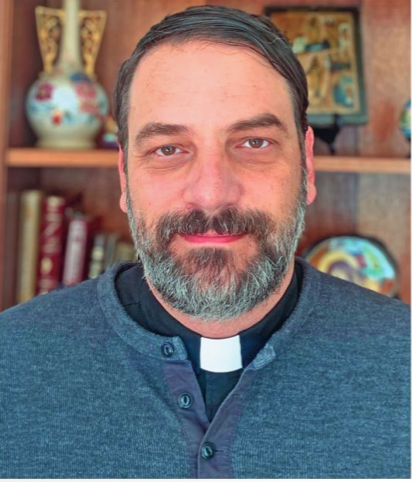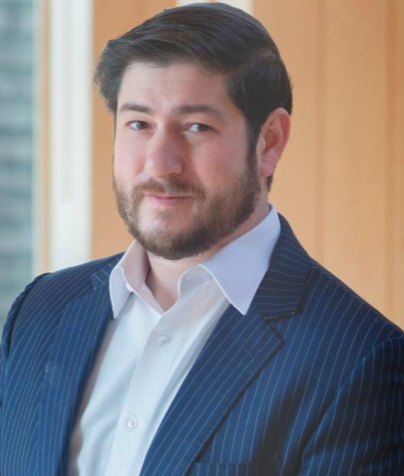Hamptons Soul: Don’t Rely on Miracles, Recognize Them

As East End families prepare for a one of the strangest holidays in recent years, it’s important to remain focused on the things that truly matter and be thankful for the blessings and miracles we’ve received this year…
Father Constantine Lazarakis

It’s the season of joy and miracles. At Christmas we are assured, as Charles Dickens eloquently illustrated way back in 1834, that even the heart of the greediest miser can be turned to compassion and generosity. It’s the time when Charlie Brown breaks through the commercialism of the holidays to remind us that a scrawny and pitiful twig can become the most splendid of Christmas trees if we can just recall what Christmas is all about.
The message of Christmas is simple—that God is with us, each of us, no matter who or what we are, regardless of our circumstances. At Christmas we hear that God became a man, a human being. And He didn’t become just any man. No, He became a vulnerable man, a defenseless infant, born into poverty, wrapped in swaddling clothes and laid in a manger, because He did not even have His own room.
When we look for the true meaning of the season, this is it: Knowing God’s love is not only for the priests and the rabbis. It is not only for the saints and prophets of long ago. It is not only for the old-fashioned and pious. Jesus was born into difficult and impoverished circumstances so that we would be able to find His light in even our most difficult circumstances. If the likes of greedy Ebenezer Scrooge and good ol’ Charlie Brown can find the joy of Christmas, then we can, too!
So, as we muddle through the difficulty of the pandemic and try to cobble together “Merry Christmas,” let’s do what Dickens and Schultz recommend—quiet the noise of commercialism and greed, open our hearts to the love of our ever-present Creator and embrace one another with generosity and forgiveness. Merry Christmas and “God bless us, everyone!”
Rabbi Josh Franklin

A tale is told of a horrible flood that causes the waters of a river to rise so much, that a man is forced onto his roof. A person in a rowboat floats by and shouts for the man to get in. “Don’t worry,” cries the man on the roof, “I’ve prayed for a miracle, and I’m a man of faith.” As the rowboat continued on, the waters continue to rise. Suddenly, a helicopter flies by and spots the man on the roof. A rescue worker from the chopper throws down a ladder and calls for the man on the roof to climb up. Again, the man on the roof insists, “Don’t worry, I’ve prayed for a miracle.” Eventually, the waters sweep the man away, and he drowns. When he arrives in heaven, he demands an audience before God. “Master of the Universe,” the man bewails, “I prayed for a miracle, and you did nothing!” God replies, “I sent you a rowboat and a helicopter. What more did you expect?”
The moral of the story echoes ancient Jewish wisdom relevant in every generation and in every faith: We shouldn’t rely on miracles! Instead of expecting monumental divine gestures, focus instead on recognizing everyday miracles. The Jewish tradition has a set of blessings that thank God for “daily miracles.” These include the miracles of God fortifying our steps, clothing us, giving us strength when we are tired and, simply, for granting us freedom. Reciting these blessings hones an awareness that miracles are everywhere, and in everything—we need only recognize them.
Miracles are wonders that most people call normal. Albert Einstein is quoted to have said that: “There are two ways to live your life. One is as though nothing is a miracle. The other is as though everything is a miracle.” Don’t wait for a holiday miracle to happen. Instead, challenge yourself to uncover miracles in the world as it is.



